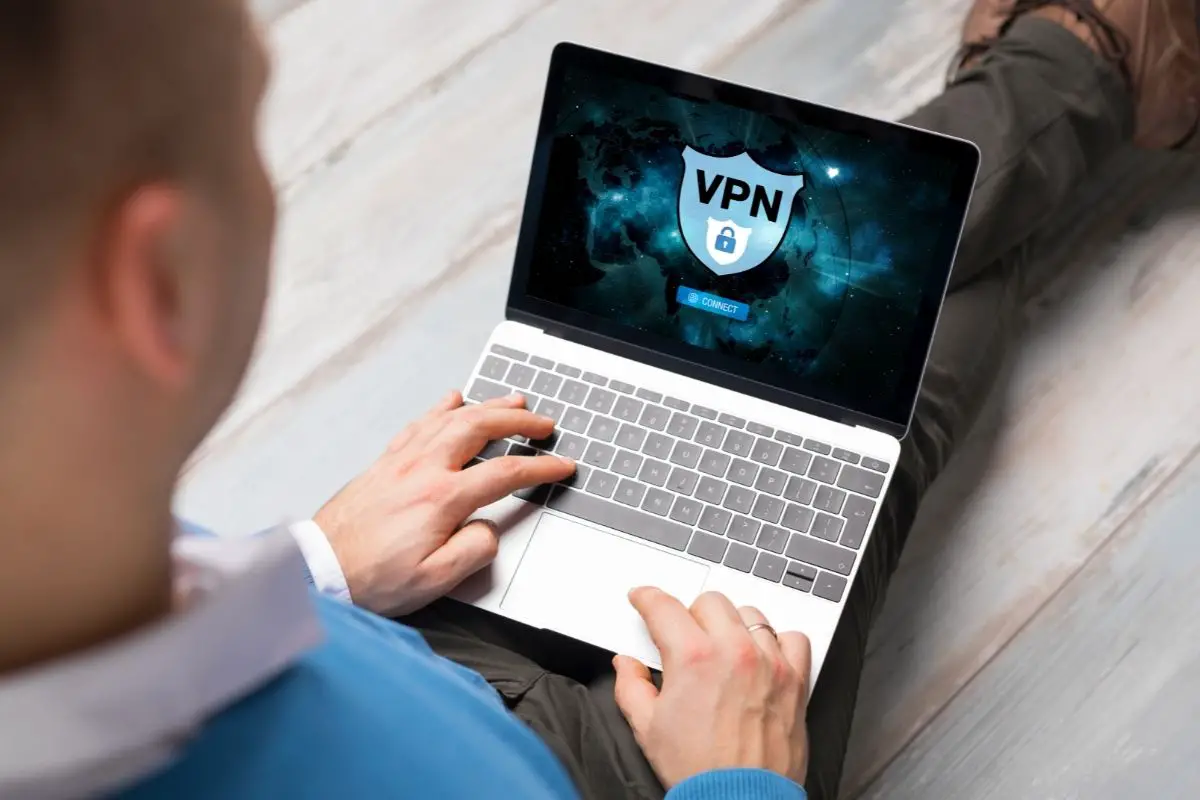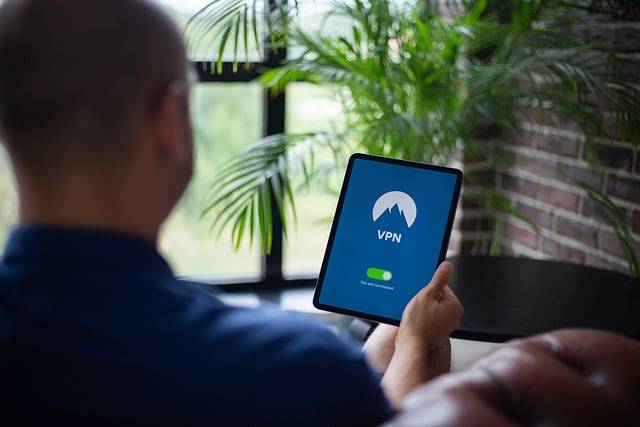It is not possible to connect VPN without the internet because VPN is just a customized “tunnel” that runs across the normal Internet. If you do not have access to the Internet, you will be unable to utilize a VPN. The use of a basic Internet connection is necessary because at both ends of the tunnel data must be processed online.
In this article, I explore why it is not possible to connect to a VPN without the internet. I will also go over other VPN-Internet-related topics. Let’s get started…
How to Configure Your Virtual Private Network
A virtual private network establishes a secure connection between you and the Internet. When you connect to the Internet using a VPN, all of your data traffic is routed through a secure virtual tunnel.
Setting up your own VPN connection is easier than it appears at first glance. Most of the work will be done for you by your VPN provider.
First and foremost, you will need to locate a VPN service that you enjoy using.
You sign up for a VPN service after finding a VPN that meets your requirements. You also need to download and install the software that the VPN provider provides.
Most VPN service providers provide software for a wide range of devices and operating systems. You may get a VPN client for any device by downloading it.
Within this software, you have the option of selecting which Protocol to use as well as which VPN server to connect to.
A few clicks later, you’ll be connected to a server of your choice.
As a result, you may now use the Internet safely and anonymously, without being subjected to any limits or censorship imposed by your geographic location.
How to Configure a VPN Without Basic Computer Skills
It is always possible to purchase a router that comes preloaded with its own VPN firmware. If you are unfamiliar with the term, firmware refers to software downloaded to a little memory chip.
After that, the chip is put into the gadget. One of these chips will be installed into the router if it is equipped with a VPN.
Pros and Cons of Configuring a Virtual Private Network (VPN) On Your Router
The Pros
There are a variety of methods for connecting to a VPN. Virtual private network (VPN) providers may be found online, and their web-based services can be used to connect to a VPN before browsing the Internet.
You may also install a VPN service on your computer by downloading it from a provider’s website. After that, you would open this download before proceeding to the Internet.
You might install virtual private network software on all of your devices. That, on the other hand, maybe a bit of a hassle.
Installing a virtual private network service on your home or office router is a more effective alternative. By doing so, every device that connects to the Internet through this router will be secured by a virtual private network
The Cons
However, there is a downside to taking this strategy. You will be required to pay a charge for the finest VPN services.
In order to be entirely safe, you’ll need to pay to have VPNs installed on all of your devices, which will cost you money but most of the good ones like the VPN we recommend will allow you to install them on 10 devices for just having 1 account.
For example, you’ll need a virtual private network on your phone, tablet, laptop, and desktop computer. Although some VPN solutions cover more than one device, this may be prohibitively costly.
Can A VPN Protect You From All Online Attacks?
A VPN on all of your devices will not provide you with total protection from cyber attacks. Perhaps you only use your laptop to search the Internet after connecting to a virtual private network.
When you use that device in conjunction with your VPN connection, you will have more privacy protection. But what if you spend a significant amount of time each day exploring the web on your smartphone?
Cybercriminals, government organizations, and private corporations might gain access to your search history, clicks, and downloads if you do not use a VPN to secure that particular device.
Why Is There No Internet Connection While You Have Your VPN Turned On?
While a virtual private network is a fantastic tool for extending a private network across a public network, things don’t always run as smoothly as intended.
It’s an unpleasant experience to be unable to access the Internet when your VPN is enabled, but it’s a pretty typical event.
Here are a few possible explanations for this situation.
The Internet Connection Is Not Working Properly.
A poor internet connection might prohibit you from connecting to the Internet, whether or not you are using a virtual private network.
In order to determine the cause of the problem, unplug your VPN connection and then connect to the Internet again. If you are still unable to do so, the fault is most likely with your internet connection rather than with the VPN itself.
Most of the time, restarting your device and verifying your network status will solve the problem completely.
Difficulties With Domain Name System Configuration
If you are unable to surf the Internet when connected to a VPN, the most typical explanation is a DNS setup issue. Every website or domain name, such as google.com, has an IP address that corresponds to it.
However, because humans are not very good at memorizing IP addresses, the Domain Name System transforms and translates those domain names into IP addresses, allowing us to access the Internet with relative simplicity and convenience.
Faulty Domain Name System settings, on the other hand, might cause problems and prevent you from accessing the Internet once you have connected to the VPN server. In order to resolve this issue, you will need to manually adjust your Domain Name System settings.
Unsatisfactory Server Selection
It is possible that you will not be able to connect if you are connected to a VPN server that is down, blocked (some countries prohibit VPN connections), or experiencing other problems with connectivity.
In general, VPN services supply hundreds of different servers, so attempting to connect to a new one may be a viable solution to this issue.
If you are able to access the Internet after changing the VPN server location, it is probable that there was a momentary problem with the server location you first picked.
VPN Protocol Is Incorrect.
A routing protocol is a collection of rules that determines how your data is routed from its source to its destination; different routing protocols are supported by different VPNs.
However, if your VPN defaults to using the UDP protocol, certain countries may prohibit you from using it.
Open the VPN’s options or settings and choose Protocol from the drop-down menu to get the best possible result.
The VPN Port Is Incorrect.
VPN ports are responsible for controlling the flow of traffic to and from a VPN server. Some ports may be restricted in the same way that VPN protocols are prohibited. It is critical to locate and switch to the right port on the computer.
When it comes to VPN ports, it’s important to get in touch with your VPN provider so that they can recommend a port that is appropriate for your requirements.
Default Gateway Configuration
While your VPN is turned on, you should leave the default gateway settings unchecked if you are experiencing difficulties connecting to the Internet.
This is due to the fact that if you have configured your VPN connection to utilize the default gateway on the distant network, this option will take precedence over the default gateway settings that you have specified in your IP configuration.
Conclusion
VPN services are not available if you do not have access to the internet. A virtual private network (VPN) connection creates a secure connection between you and the internet.
All of your data traffic is sent through an encrypted virtual tunnel when you use a VPN service. When you access the internet, your IP address is disguised, and the location of your computer is no longer visible to anybody.
In the next post, we will discuss packet loss, how to resolve it, and the function of virtual private networks (VPNs) in packet loss. Stay updated for more information.







